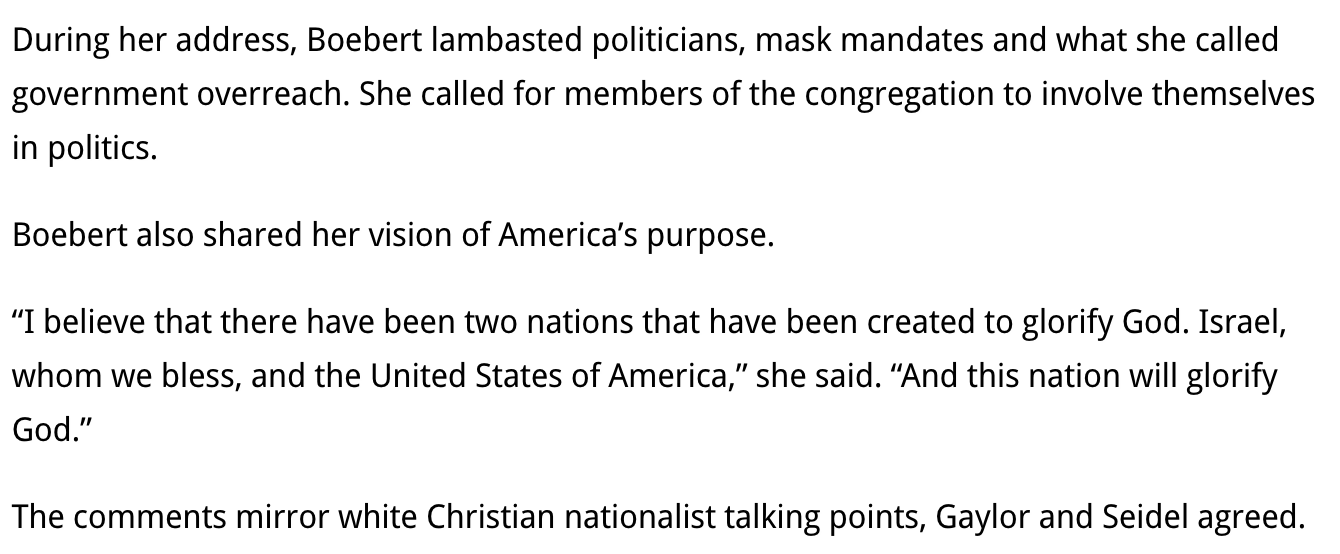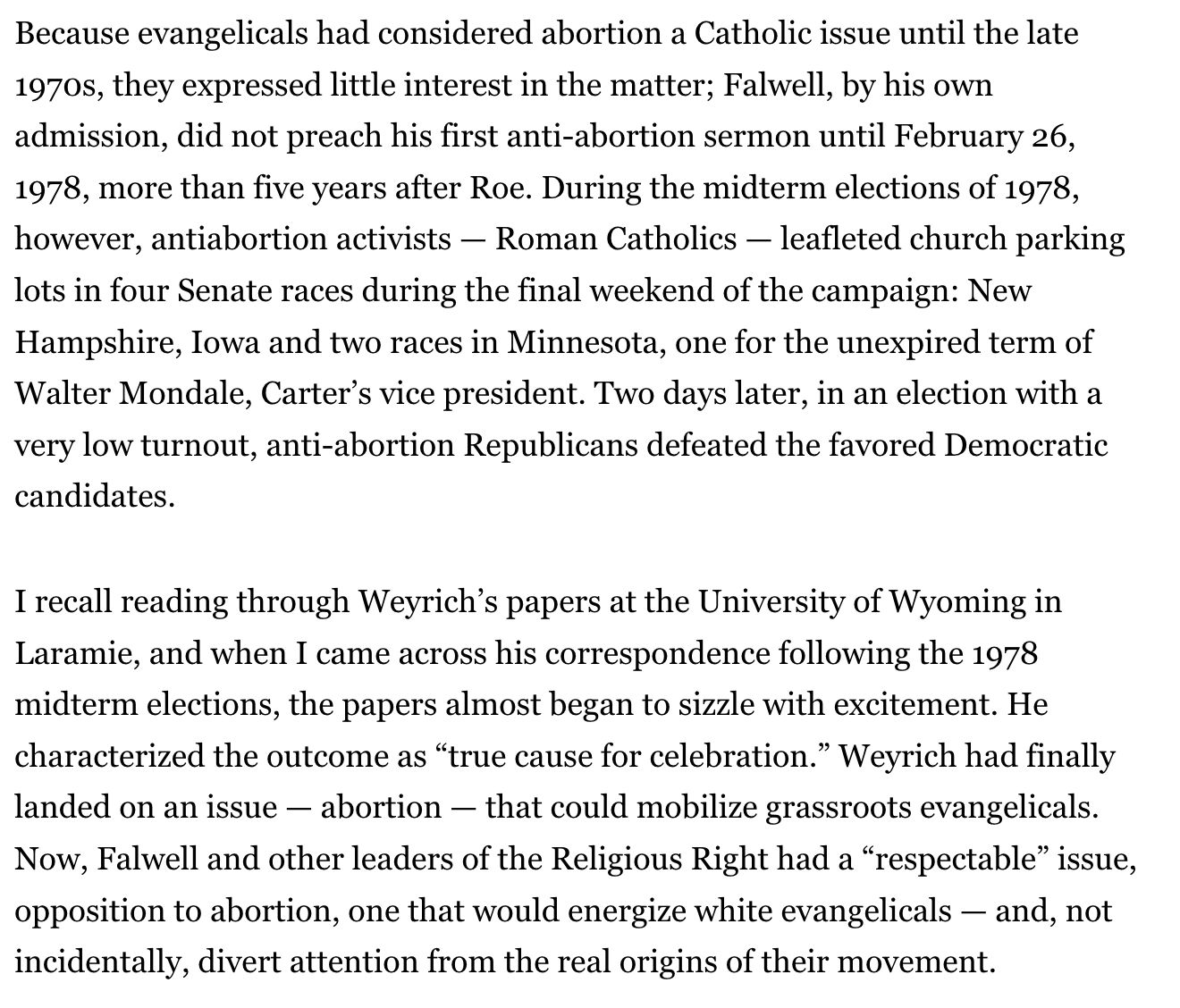One Day, Everyone Will Have Always Been Against This
by Omar El Akkad
INTERESTING to see what AI overview thinks is the “best” reference source for this 5000 year old tablet.
I often consider whether my years of reading fiction makes me more or less susceptible to internalizing the things I find between the hard covers of a book. When personal anecdotes cohere into a sort of historical narrative, you already have me. Honestly, though, what other aspect of writing could drive concepts so deeply into humankind: surely there is more to the tool of the permanent recording than a desire to accurately keep track of debts? History, fact, understanding, it all hinges on story. That’s culture.
The title of this decidedly non-fiction book–One Day, Everyone Will Have Always Been Against This–projects a pessimism but is, in fact, not. The worst of all worlds is the opposite: everyone ends up not being against this. The book builds at an inevitability that makes logical sense; what is happening is unquestionably terrible, therefore once the barrier of time that props up self-interest dissipates, everyone will acknowledge the clear evil. Given the grand scale at work, I do not, or perhaps cannot, accept there isn’t a more willful disregard happening. It seems to me there is an actual desire for the misery, aspects that are not collateral but specific and intended:
Whatever mainstream Western liberalism is–and I have no useful definition of it beyond something at its core transactional, centered on the magnanimous, enlightened image of the self and the dissonant belief that empathizing with the plight of the faraway oppressed is compatible with benefiting from the systems that oppress them–it subscribes to this calculus.
This thing that people aren’t yet against but will be, hopefully, someday, has reached as far, or as niché, as the Park Slope Co-op. When I lived in Park Slope, my apartment was small enough that I could touch 3 of four walls at any given time. The Co-op requires volunteer hours to shop there, so perhaps the humans in the article are more of my cohort than the owners of the Brownstone where they filmed exterior shots for Blue Bloods (though having time to volunteer hours during regular employment is actually a bit of a flex in NYC). Whatever social status can be intuited cannot be used to decipher the linguistic stance taken by at least one person in the article, who does not communicate in any agreed-upon human way: “To me, Zionist means [something it doesn’t mean].”
This is categorically absurd. “To me, Kidnapper just means someone that likes helping children take naps.” Go tell someone at your local daycare you’re a kidnapper and expect to get yelled at, whatever your unique understanding of the word may be.
I’ve been coy long enough. This book is about Gaza. How could it not be? What is happening there is, in fact, a genocide. Are we on the same page for what that word means? I take my personal, hobbyist, voluntarily written website incredibly unseriously but there is not actual room here to skirt the issues or talk around it.
I was twelve–twelve and in Hebrew School studying for my Bar Mitzvah–when my image of Israel as a theocracy eclipsed that of Israel as a bastion. My dad, a history teacher and a great international traveller in an era when travel was far more difficult than it is now, pushed me to take advantage of the Birthright Israel trip, but as much as I love travel and accept the concept of a country that will accept anyone who identifies as Jewish, I had reservations with a nation-state that says, “I guess you can stay here, for now, but you’re not really part of it unless you believe in this way.” Ye Olde U.S. of A., for all its innumerable flaws, at least holds forth (for now) the pretense of universal possibility. The U.S. excludes people from the ruling class through unfair economic levers that are relatively invisible if you are naïve or a child, but even a child can see that you can never grow up believing a grandmother’s lie that you might be the President of the U.S. (or in this case the Prime Minister of Israel) if you’re not Jewish. Seems challenging to feel a part of a country without even the gloss of equality under the law.
The majority of people support a peaceful two-state solution. Over half of American Jews support a free Palestine. Over half of Israelis. You know who doesn’t? Christian Zionists. That cannot be surprising, because their entire mythos is predicating on the return of the Messiah, which focuses on Armageddon, which is intuited to be centered around Jerusalem, which requires an escalating war and body sacrifice and wholesale destruction of Israeli Jews and Muslim Palestinians indiscriminately. One popular sect of this doomsday-adjacent ideology, Christians United for Israel, has more American believers (around ten million) than all American Jews (around seven and a half million). There are at least thirty million self-reported Christian Zionists in the U.S.. There are less than sixteen million Jews in the world.
The slide of the U.S. into Christofascism is worse for Middle Eastern Peace than almost any thing else I could conjure up, because if you think the ground will be made ripe for the return of your lord and savior through bloody conflict, then one day you will not be against this. You certainly wouldn’t be right now. What hope for these levers of “justice,” even in retrospect, if one does not accept even the premise that the people dying are real people? When the epiphany does not come to pass, even then it’ll be, “Hey, worth a shot right? The only cost was non-Christian life.” If you skipped the Park Slope article, the argument there about a Jewish woman being yelled at for labeling herself a Zionist. But the yeller asked her first. If you have to ask, that means you potentially understand most Jews in America are not Zionists in the current definition–“expanding a territorial Jewish ethnostate” (the prior definition that isn’t really functional anymore, “the founding a Jewish homeland” is a quaint backpedal available to people that don’t want to get caught being outrageous)–but brother, there is a sect of Christians where their entire religious identity is being a Zionist. It’s in their name.
I cannot help overworking my command-i shortcut. This is digging into my heart. I appreciate One Day making cogent arguments about apathy and ease, comfort and conflict, things that aren’t about religious fervor and implacable, ceaseless ideologies:
Just as when [Nancy Pelosi] calls for the FBI to investigate activists protesting for a ceasefire, the message’s primary audience isn’t the FBI or other activists, it’s the base. It is to say, to the centrist who simply cannot understand why a good upstanding student at Columbia would risk their job prospects to protest some distant unpleasantness: These people making trouble are not like you. If they get their way, things will change and it will not be to your benefit.
I think the book makes comprehensible points that I fundamentally agree with, but I do no believe this mercenary ennui is comprehensive enough to account for the active malice instituted by the current crop of humans flooding the halls of local government with religious ideology.
Also there is the issue of money, which flows from the flaw of lobbying as a concept from single-interest groups to malleable policy-makers.
While the terrible thing is happening–while the land is still being stolen and the natives still being killed–any form of opposition is terroristic and must be crushed for the sake of civilization. But decades, centuries later, when enough of the land has been stolen and enough of the natives killed, it is safe enough to venerate resistance in hindsight.
I almost think the above quote relies too heavily on the grand arc of history trending toward the positive: If the American population has, in 2025, forgotten completely the very clear and direct historical invention of abortion as an evangelical issue (and they have, there are real books and article and people who lived through it still alive but it is currently entrenched as a “right to life” Christian morality issue) then what hope is there for comprehending attentuated-by-distance wholesale genocide, where people in positions of power benefit both materially and, in some cases, spiritually? Abortion is an economic issue–it knocks women out of the workforce, particularly if their jobs aren’t federally secured throughout maternity leave–but after decades of scheming, the newest generation of evangelical political activists likely does believe there is a real spiritual imperative there. Abortion was a co-opted and quite cynical base-motivating maneuver that happened within recent memory. And yet.
So it will likely go with this war: Israel’s bombs will bring back Jesus, just you wait and see. If not now, then eventually. What cost can compare if there is even a chance to bring about heaven on earth?
I hate writing about things like this. I want to write about Runescape and Everquest and not say controversial (even though that “drives engagement”) things. My articles that “hit” are found through search terms like “can you read morisaki 2 without reading morisaki 1?” and “apophenic as a haruspex meaning.” I fear, putting out my real opinions based on facts, that I’m mistaken in my understanding, or that I am fundamentally wrong about something, or that someone will not understand what I am trying to say. I’m afraid of getting yelled at, online, by strangers, by bots, by people that embody their positions without fear either because they do not care or they care with the entirety of their soul.
Should a drone vaporize some nameless soul on the other side of the the planet, who among us wants to make a fuss? What if it turns out they were a terrorist? What if the default accusation proves true, and we by implication are labeled terrorist sympathizers, ostracized, yelled at? It is generally the case that people are most zealously motivated by the worst plausible thing that could happen to them. For some, the worst plausible thing might be the ending of their bloodline in a missile strike. Their entire lives turned to rubble and all of it preemptively justified in the name of fighting terrorists who are terrorists by default on account of being killed. For others, the worst plausible thing is being yelled at.
In the decade after 9/11, I felt deeply that the U.S. was going to go through a cultural capture phase, like the late eighties with Australia, nineties with Japan, current 2020s with South Korea, for a soft gloss of middle eastern aesthetics. It never materialized in the way I anticipated. Instead, we are still bombing the area. We are still boostering destruction. We are still courting Armageddon by people who believe, or at least performatively act like they believe, that the Book of Revelation is an instruction manual.
The moral component of history, the most necessary component, is simply a single question, asked over and over against: When it mattered, who sided with justice and who sided with power? What makes moments such as this one so dangerous, so clarifying, is that one way or another everyone is forced to answer.
There is no real upside to me writing about a topic that will only get me yelled at. But the downside for saying literally nothing is far, far worse. This is genocide, this is happening now, and this is wrong. Be against this now.









